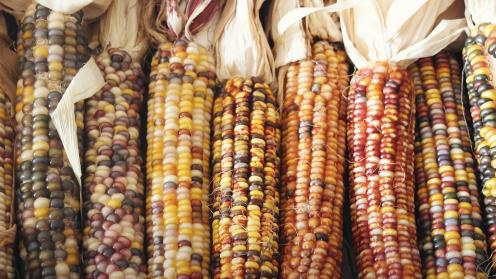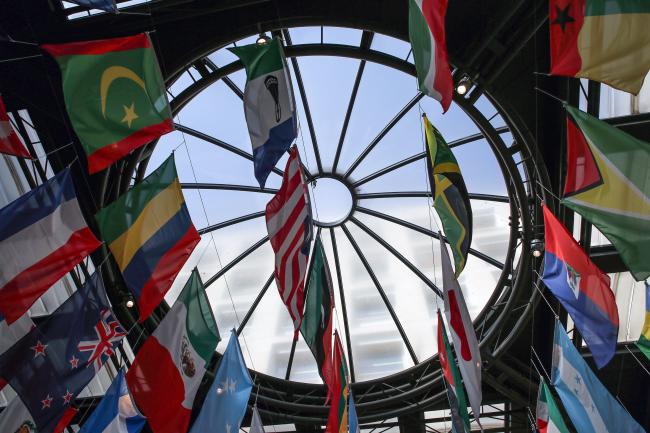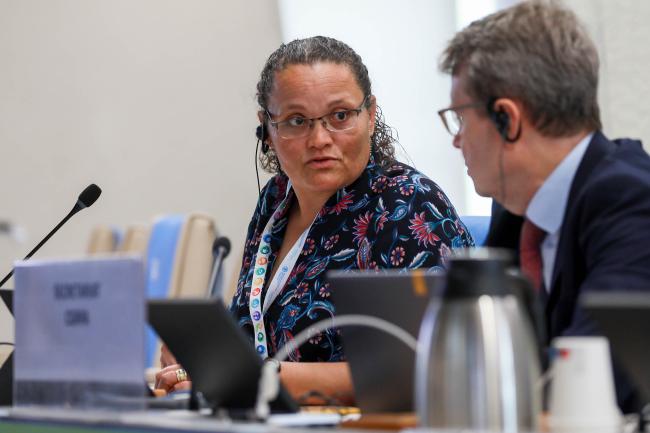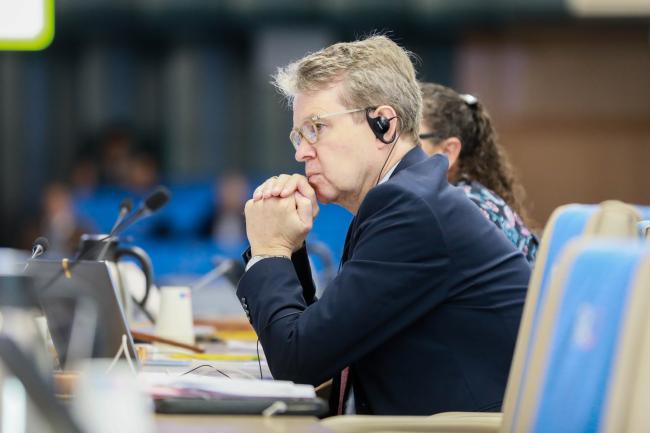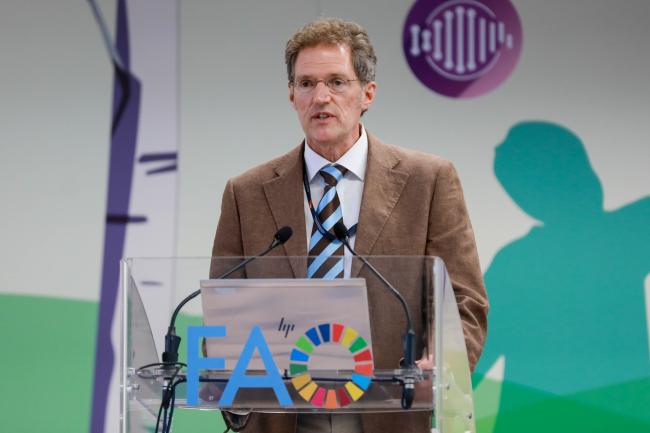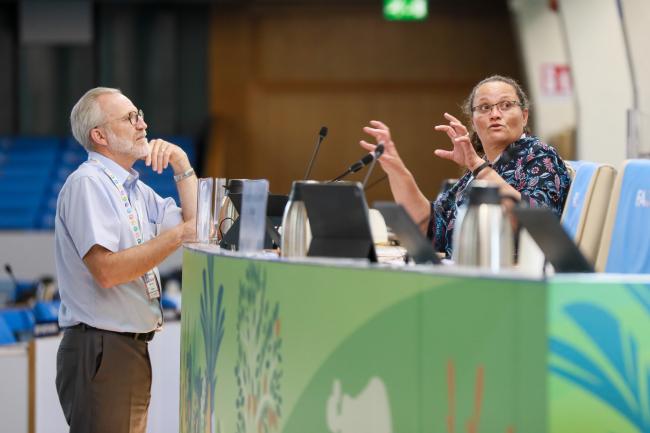The day’s deliberations proceeded on a conciliatory note, as delegates shifted to more technical discussions on a number of relatively new areas for the Commission, including the role of soil microorganisms for agriculture production and links to human health.
Delegates discussed among others, the following agenda items:
- Microorganism and Invertebrate Genetic Resources (MIGR);
- Animal Genetic Resources (AnGR);
- Aquatic Genetic Resources (AqGR); and
- the future organization of the Commission’s intersessional work.
Want to dig deeper into the talks? Read the full Earth Negotiations Bulletin daily report.
Microorganism and Invertebrate Genetic Resources (MIGR)
Under this item, delegates discussed the following topics:
- Bioremediation and nutrient cycling soil microorganisms and invertebrates, based on a draft study on sustainable use and conservation of MIGR that contribute to bioremediation of agricultural pollutants and soil nutrient cycling;
- Microorganisms relevant to ruminant digestion based on a draft study on the topic; and
- Pollinators and biological control agents and bio-stimulants, discussing among other, the publications on Sustainable Use and Conservation of Microbial and Invertebrate Biological Control Agents and Microbial Biostimulants, and the Study on Sustainable Use and Conservation of Invertebrate Pollinators.
Animal Genetic Resources
Delegates endorsed the report of the 12th Intergovernmental Technical Working Group (ITWG) on Animal Genetic Resources for Food and Agriculture.
They also discussed and endorsed the Review of the Implementation of the Global Plan of Action on AnGR, in line with its four priority areas:
- characterization, inventory and monitoring of trends and associated risks;
- sustainable use and development;
- conservation; and
- policies, institutions and capacity building.
Delegates further endorsed the ongoing preparations of the third report on the State of the World’s AnGR , noting persistent funding gaps.
Aquatic Genetic Resources
Delegates endorsed the Report of the Fourth Session of the ITWG on AqGR, noting work on linkages with cross-sectoral matters, most notably in the fields of climate change, access and benefit-sharing, and digital sequence information.
Delegates also recognized the central role of the information system AquaGRIS for the implementation of the GPA-AqGR and stressed the need for Secretariat assistance and capacity building regarding its use.
The Commission’s Mode of Operation
Discussions on this topic focused on the future organization of intersessional work. Delegates considered different options for establishing bodies on either MIGR or BFA or both. Opinions varied across regions and countries and Chair Januarie established an open-ended contact group, co-chaired by Canada and Brazil, to discuss different options and find an acceptable solution.
The collaborative spirit from the morning discussion carried into the afternoon as delegates sailed through substantive agenda items. Leaving the meeting, several members expressed appreciation for Chair Januarie’s leadership in catching up on the agenda.
To receive free coverage of global environmental events delivered to your inbox, subscribe to the ENB Update newsletter.
All ENB photos are free to use with attribution. For the 19th Session of the UN FAO Commission on Genetic Resources for Food and Agriculture, please use: Photo by IISD/ENB | Mike Muzurakis
